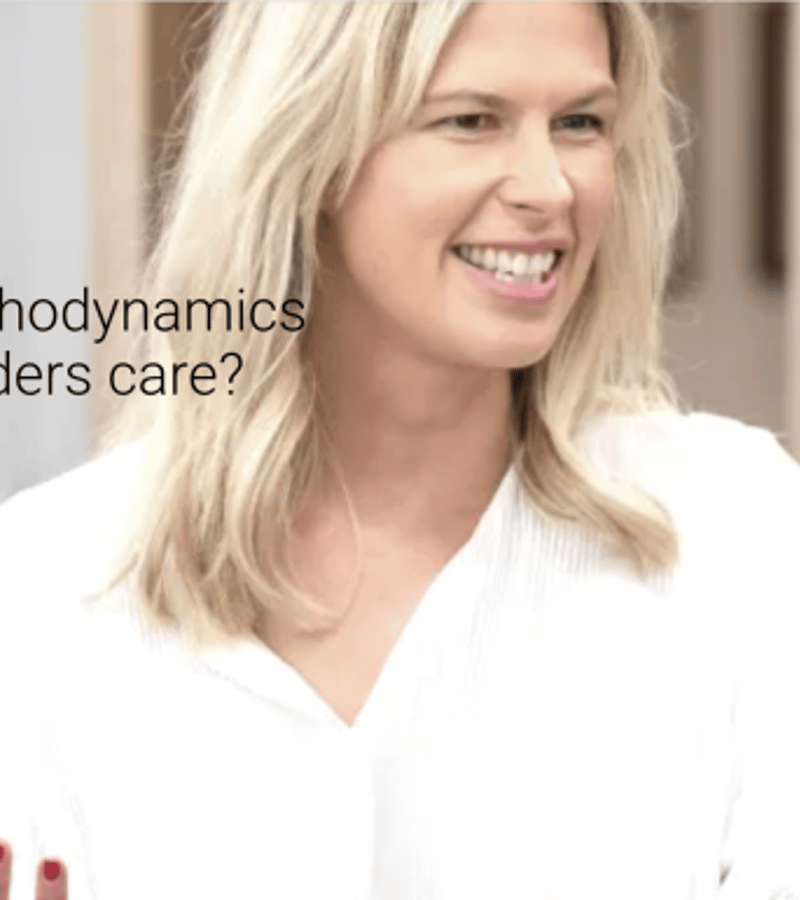What is Systems Psychodynamics and why should leaders care?

If you’re exploring leadership development, you’ve likely encountered programs focused on skills: how to delegate, influence, communicate, or create strategy. These are important, of course—but if you’ve ever found yourself thinking, “I know what to do, but something still isn’t working,” then you’re not alone. That’s where systems psychodynamics comes in. It’s the hidden dimension of leadership that most programs overlook. We explain what is systems psychodynamics and why should leaders care.
Embracing ‘not knowing’: Reflections on Educated by Tara Westover
So… what is Systems Psychodynamics?
Systems psychodynamics is an approach that combines systems thinking (how parts of an organisation interact) with psychodynamic theory (how unconscious thoughts and feelings influence behaviour). Put simply, it helps you understand what’s going on beneath the surface in organisational life.
It’s not therapy. It’s not pop psychology. And it’s not a set of personality tests or diagnostic tools.
Instead, systems psychodynamics helps leaders see the unseen: power dynamics, unspoken roles, emotional undercurrents, group behaviour, and resistance to change—not as random, messy distractions, but as signals of how the organisation is really functioning.
Why does this matter for leadership?
Because no matter how skilled or experienced you are, the moment you’re leading people, you’re dealing with dynamics that aren’t visible on an org chart. Here are a few examples of common—but often misunderstood—phenomena:
- Splitting: When a team unconsciously divides the world into “good guys” and “bad guys.” For instance, one department is seen as visionary and the other as obstructive—when in reality, both are struggling with competing pressures. This binary thinking protects the team from anxiety but prevents real collaboration.
- Projection: When individuals or groups unconsciously “project” their own fears or frustrations onto others. A team might blame a new manager for being disorganised, when the real issue is anxiety about unclear strategy at the top.
- Unconscious Role-Taking: When someone takes up a role in a group that no one has formally given them—often based on unspoken expectations. A leader might unknowingly become the “parent” figure, while others fall into dependent roles. These dynamics shape behaviour far more than official job titles.
- Social Defences: These are organisational routines or structures that protect people from anxiety—but also block learning. For example, constant restructuring might help people avoid feelings of uncertainty or loss—but keeps the organisation from addressing the root issues.
When you understand systems psychodynamics, you stop asking “What’s wrong with these people?” and start asking “What’s going on in the system that’s producing this behaviour?” That’s a big change.
Is this just another management theory?
It’s not. Systems psychodynamics has been around for decades and draws from well-established fields like organisational behaviour, psychoanalysis, group relations, and sociology. What makes it different is how it connects theory with the lived experience of working in complex, emotionally charged environments.
It’s a lens, not a formula. It doesn’t give you answers—it helps you ask better questions.
And it’s incredibly practical. Once you learn to spot dynamics like those above, you’ll start to see them everywhere: in team meetings, project decisions, leadership tensions, and cultural change efforts.
What’s it like to learn this stuff?
At NIODA, we don’t teach systems psychodynamics as a set of abstract ideas. We immerse you in the experience.
You’ll learn through live, interactive classes. You’ll explore your own leadership style, how you take up roles, and how you interact in groups. You’ll work on real-world issues from your own organisation. And you’ll engage with ideas not just intellectually, but emotionally and relationally.
One of our core beliefs is that leadership isn’t just about what you do—it’s about what you see. Once you’ve seen the hidden forces at play, you can’t unsee them. And that changes how you lead.
Who is this for?
You don’t need to be a psychologist—or aspire to be one. Our students are senior leaders, directors, consultants, HR and OD professionals, and people working across government, business, health, education, and not-for-profit sectors.
What they have in common is this: they’ve reached a point where traditional leadership models no longer explain what’s going on. They want more than another tool—they want a deeper way of understanding systems, people, and themselves.
Final thought
If leadership feels harder than it used to, that’s not your fault. Today’s organisations are more complex, interconnected, and emotionally charged than ever. Systems psychodynamics won’t make that go away—but it will give you the insight to lead through it.
So if you’re ready to stop skimming the surface and start leading with greater clarity, confidence, and depth, our Master’s in Leadership and Management (Organisation Dynamics) might be your next step.
Want to explore more?
👉 Join a preview session and receive our Preview Pack, including key readings on the systems psychodynamic approach and an introduction to NIODA’s unique method of leadership education.

What is Systems Psychodynamics and why should leaders care?
Related insights

Leading from the Middle: Power, Reality, and the Courage to Work Together
What if the real power in your organisation sits in the middle — but goes unused? Mark Carney's recent Davos speech on middle powers sparked a reflection on something we see repeatedly: middle leaders orient up and down the hierarchy, but rarely sideways. Yet the middle holds unique potential to integrate, coordinate, and strengthen the whole system.

Reflections on completing a Masters

Revelation, Not Salvation
Salvation is about being rescued from difficulty. It’s the quick fix, the ready-made model, the externally imposed solution. Revelation, on the other hand, is about discovery.